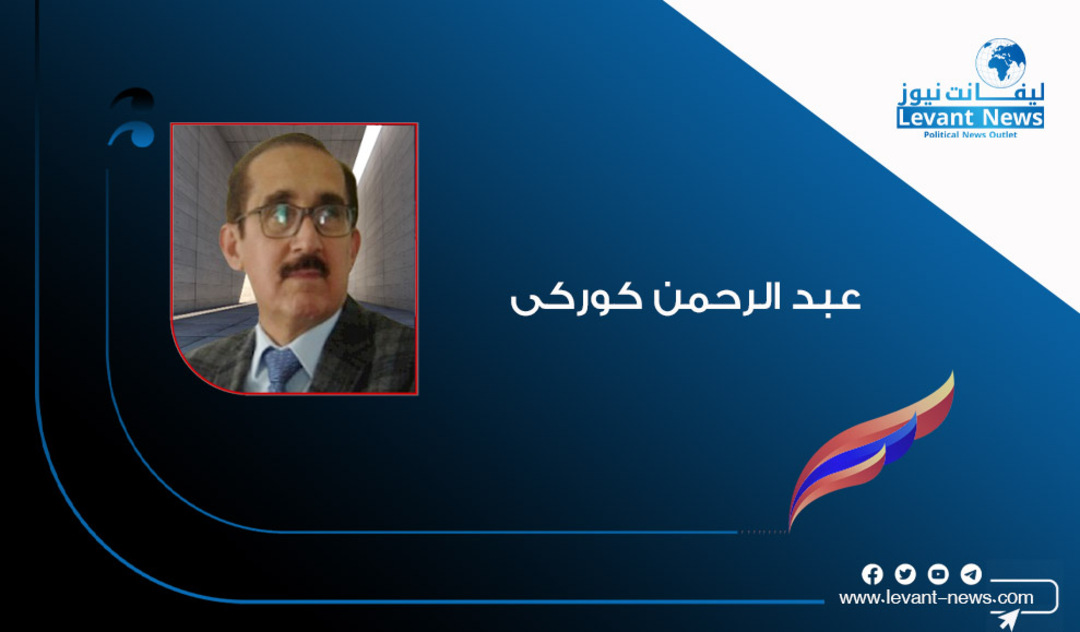-
Who is Responsible for the Explosion in Bandar Abbas, Iran?

As new details continue to emerge daily about the explosion that occurred in one of Iran’s southern ports on April 26, 2025, a question resonates among everyone: Who is responsible for this catastrophe? Was it intentional or unintentional? Is it the work of an individual or a specific faction, or is it the result of external forces? This question remains unanswered to this day!
Many speculations are growing, but what can be said with certainty is that the main factor behind this explosion, which turned into a major national disaster, can only be the ruling regime! Why?
In a system where the Revolutionary Guards loyal to Khamenei control the economy, extensively plundering the Iranian people's resources, and in a country governed by reactionary ideas of Wilayat al-Faqih, without freedoms, democracy, or respect for basic human rights, and characterized by blatant and brutal repression,
In a country where people lose their jobs daily, prices escalate, opponents of the regime are tortured, executed, and assassinated,
Who could be responsible for such a disaster?!
This national catastrophe recalls the COVID-19 tragedy in Iran. Why? Because the facts far exceed what is officially announced by the government. The ruling dictatorship fears uncovering the truth and intimidates the Iranian people!
Against this regime, there is a resilient resistance rooted deep within society, supported and welcomed by the Iranian people and a broad segment of global communities. This force is the “truth-tellers,” uncovering hidden facts about Iran’s society!
Impacts of the Catastrophe
This horrific national disaster primarily impacts the lives and livelihoods of the working class and marginalized groups. Bandar Abbas port has long been a tool for the ruling mafia’s exploitation in Iran. Experts and media describe it as “the day Iran’s trade heart stopped beating” or “an explosion that pushed the Iranian economy to the brink of collapse.”
This port, which handled 85% of container traffic, 55% of total trade, and 70% of transit goods in Iran, has now turned to ashes, with its effects expected to last for years.
It was Iran’s largest commercial port, with 40 active piers, connected to 80 international ports, and crucial for importing staples like wheat, rice, and medicines.
Now, after its destruction, all commercial activities have halted.
The explosion significantly reduced supply, increased transportation costs by up to 30%, and caused rampant inflation that could hike prices of essentials such as wheat and rice by up to 50%.
It also led to a decline in the value of the Rial, deepening poverty for over 60% of Iran’s population of 85 million, who live below the poverty line.
Outcome:
Bandar Abbas port is one of Iran’s most strategic economic centers, playing a vital role in the regime’s survival. It is not only Iran’s gateway for legitimate trade but, under the control of Khamenei’s Guards, also functions as a base for illegal activities such as oil, weapons, and drug smuggling, money laundering, and logistical support for nuclear projects.
The recent fire and explosion at Bandar Abbas, causing severe damage and halting port activity, have dealt a heavy blow to the regime’s economy, with significant social and political repercussions. For example, the city’s closure and temporary unemployment caused by the port’s shutdown may lead to social unrest.
Social Implications
The national catastrophe of the Bandar Abbas explosion has sparked profound sorrow, alongside a wave of questions, doubts, and astonishment within Iranian political and social circles, reflecting the lack of transparency in the causes of many similar events under the Mullah regime. Questions include:
- What is the story behind the serial killings and the fate of victims’ complaints?
- What caused the death of Jina (Mahsa Amini)?
- Why are people left unprotected in the face of natural disasters like earthquakes and floods?
- What is the fate of the Ukrainian plane shot down by Revolutionary Guards, killing 176 passengers?
- What is the status of corruption and theft scandals by officials and regime gangs?
- What about the “Shahcheragh” massacre in Shiraz?
- The explosion at Imam Reza’s shrine in Mashhad?
And many other incidents.
Lies by the Ruling System in Iran!
Saeed Jafari, Director General of Sina Marine and Ports Services Development, stated: “Dangerous goods were secretly imported under the guise of regular cargo and with false declarations at the port” (ILNA Agency, Sunday, April 27). This false declaration, which showed everything from ships to warehouses in a risky manner, caused this catastrophe.
The London Telegraph reported on April 27, 2025: “On Sunday, Brigadier Rida Talayiniak told government media that there were no imported.
by Abdulrahman Korki (Mehabadi)
Tags
You May Also Like
Popular Posts
Caricature
BENEFIT Sponsors BuildHer...
- April 23, 2025
BENEFIT, the Kingdom’s innovator and leading company in Fintech and electronic financial transactions service, has sponsored the BuildHer CityHack 2025 Hackathon, a two-day event spearheaded by the College of Engineering and Technology at the Royal University for Women (RUW).
Aimed at secondary school students, the event brought together a distinguished group of academic professionals and technology experts to mentor and inspire young participants.
More than 100 high school students from across the Kingdom of Bahrain took part in the hackathon, which featured an intensive programme of training workshops and hands-on sessions. These activities were tailored to enhance participants’ critical thinking, collaborative problem-solving, and team-building capabilities, while also encouraging the development of practical and sustainable solutions to contemporary challenges using modern technological tools.
BENEFIT’s Chief Executive Mr. Abdulwahed AlJanahi, commented: “Our support for this educational hackathon reflects our long-term strategic vision to nurture the talents of emerging national youth and empower the next generation of accomplished female leaders in technology. By fostering creativity and innovation, we aim to contribute meaningfully to Bahrain’s comprehensive development goals and align with the aspirations outlined in the Kingdom’s Vision 2030—an ambition in which BENEFIT plays a central role.”
Professor Riyadh Yousif Hamzah, President of the Royal University for Women, commented: “This initiative reflects our commitment to advancing women in STEM fields. We're cultivating a generation of creative, solution-driven female leaders who will drive national development. Our partnership with BENEFIT exemplifies the powerful synergy between academia and private sector in supporting educational innovation.”
Hanan Abdulla Hasan, Senior Manager, PR & Communication at BENEFIT, said: “We are honoured to collaborate with RUW in supporting this remarkable technology-focused event. It highlights our commitment to social responsibility, and our ongoing efforts to enhance the digital and innovation capabilities of young Bahraini women and foster their ability to harness technological tools in the service of a smarter, more sustainable future.”
For his part, Dr. Humam ElAgha, Acting Dean of the College of Engineering and Technology at the University, said: “BuildHer CityHack 2025 embodies our hands-on approach to education. By tackling real-world problems through creative thinking and sustainable solutions, we're preparing women to thrive in the knowledge economy – a cornerstone of the University's vision.”
opinion
Report
ads
Newsletter
Subscribe to our mailing list to get the new updates!




















